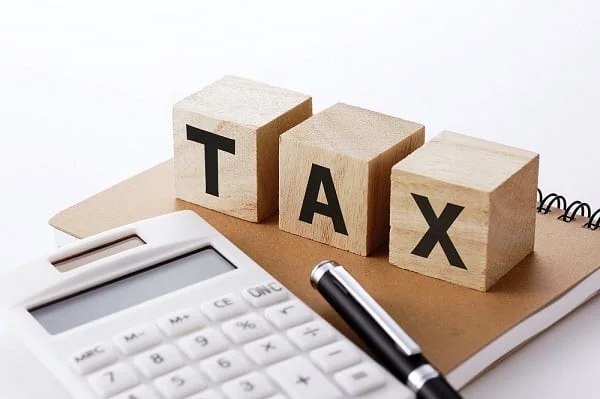Islamabad, 10 June 2025: In a landmark shift, Pakistan’s tax authorities are preparing to eliminate the 4 percent “further sales tax” currently levied on transactions involving unregistered traders, a decision that is likely to be among the most consequential policy changes in the upcoming 2025–26 federal budget.
The Federal Board of Revenue (FBR) has recommended this step as part of its largest documentation initiative to date.
Rather than penalizing unregistered players through additional tax, the FBR now intends to compel full supply chain registration, including dealers, wholesalers, and retailers, by removing this long-standing surcharge.
The key legislative change proposed involves the repeal of Section 3(1A) of the Sales Tax Act, 1990. This provision, first introduced in 1998, removed in 2004, and revived again in 2013, was designed to pressure non-registered businesses into joining the formal tax system.
READ MORE: Govt Imposes 18% Sales Tax on Exporters
However, after more than a decade of enforcement, tax officials now believe the mechanism is yielding counterproductive results.
Instead of encouraging documentation, the law has allowed many in the supply chain to avoid formal registration simply by absorbing the added 4% tax, thereby sustaining a parallel informal economy.
During an internal review session chaired by the FBR Chairman on May 29, 2025, senior officials acknowledged that the surcharge, originally conceived as a deterrent, is inadvertently being used as a workaround for remaining unregistered.
Many market participants have opted to pay the additional tax rather than go through the process of registration, significantly undercutting the FBR’s documentation goals.
In an attempt to clamp down on such loopholes, the FBR is now planning to shift the focus from indirect penalization to mandatory compliance.
Eliminating the further tax, officials argue, will remove the incentive to stay out of the system and pave the way for more robust enforcement mechanisms.
While the abolition of this levy might initially dampen tax collections, the revenue board anticipates a broadening of the tax base over time.
READ MORE: FBR Recommends Higher Taxes on Cars
The 2023 increase from 3% to 4% failed to produce the expected compliance, and instead legitimized tax evasion under the guise of paying the surcharge.
By scrapping the tax altogether, the government hopes to disrupt this pattern and foster real documentation through direct registration.
As the federal budget 2025–26 nears, all eyes are on how this proposal will be received politically and economically. But one thing is certain: the era of tolerating unregistered traders through fiscal loopholes is drawing to a close.









